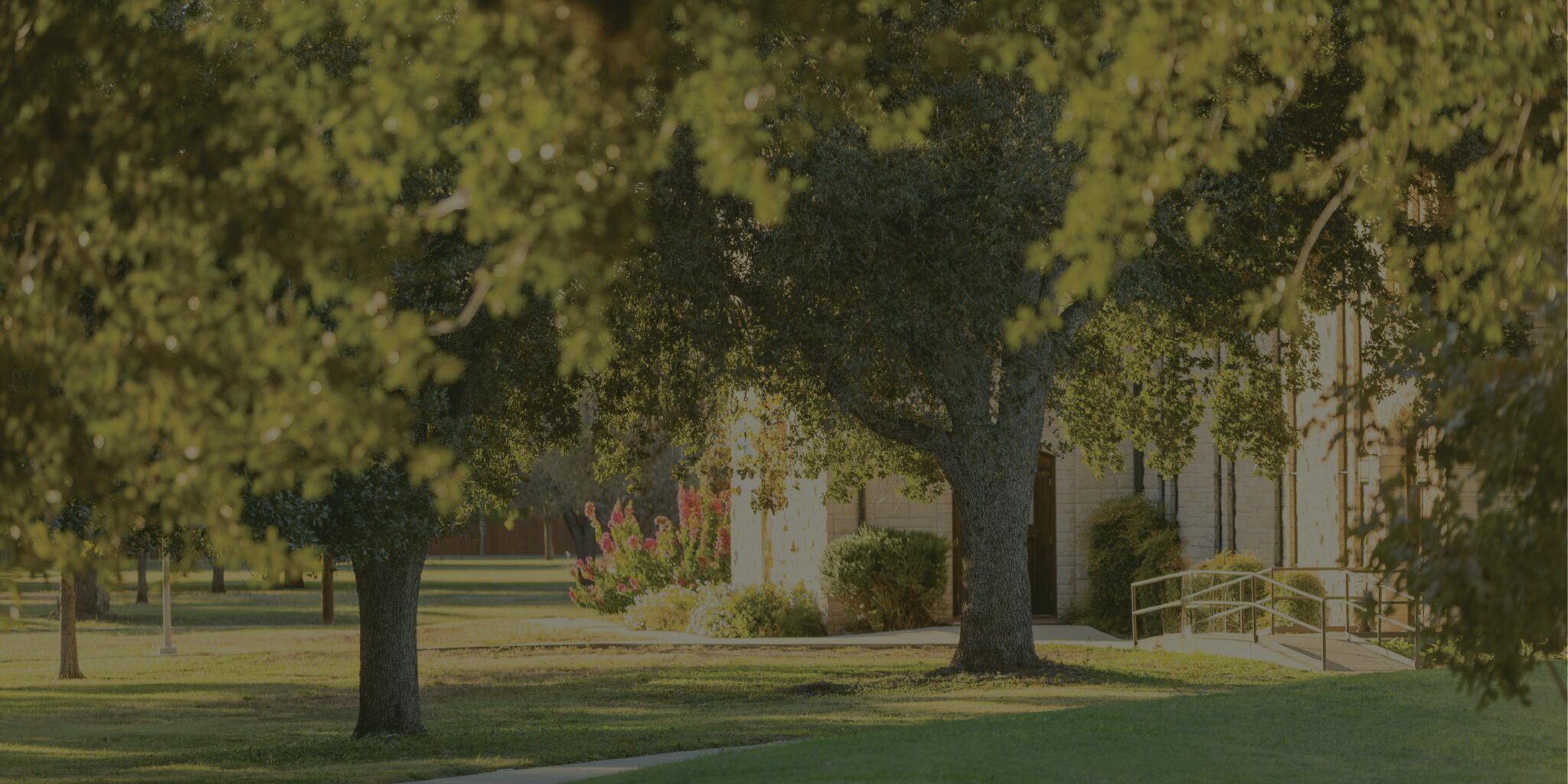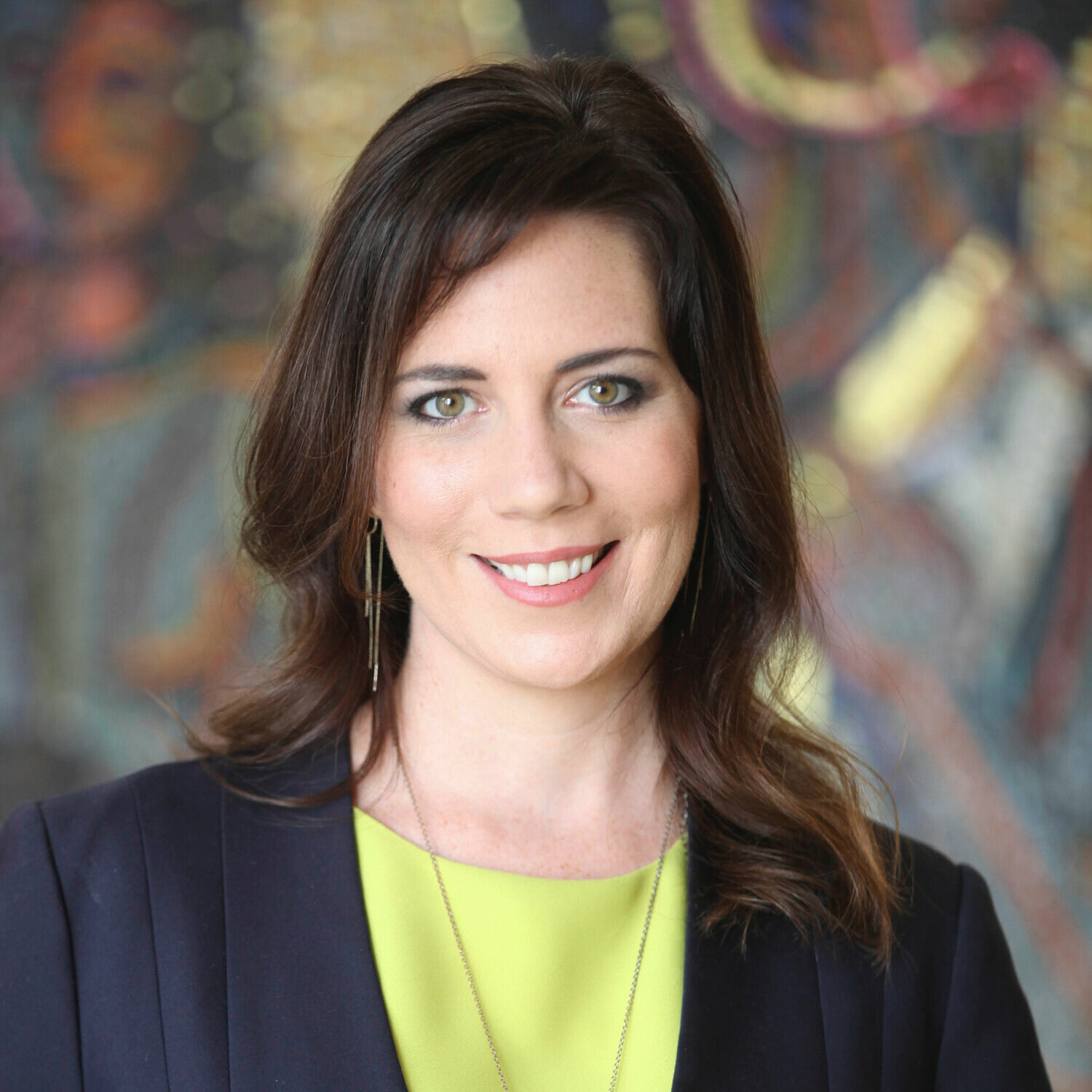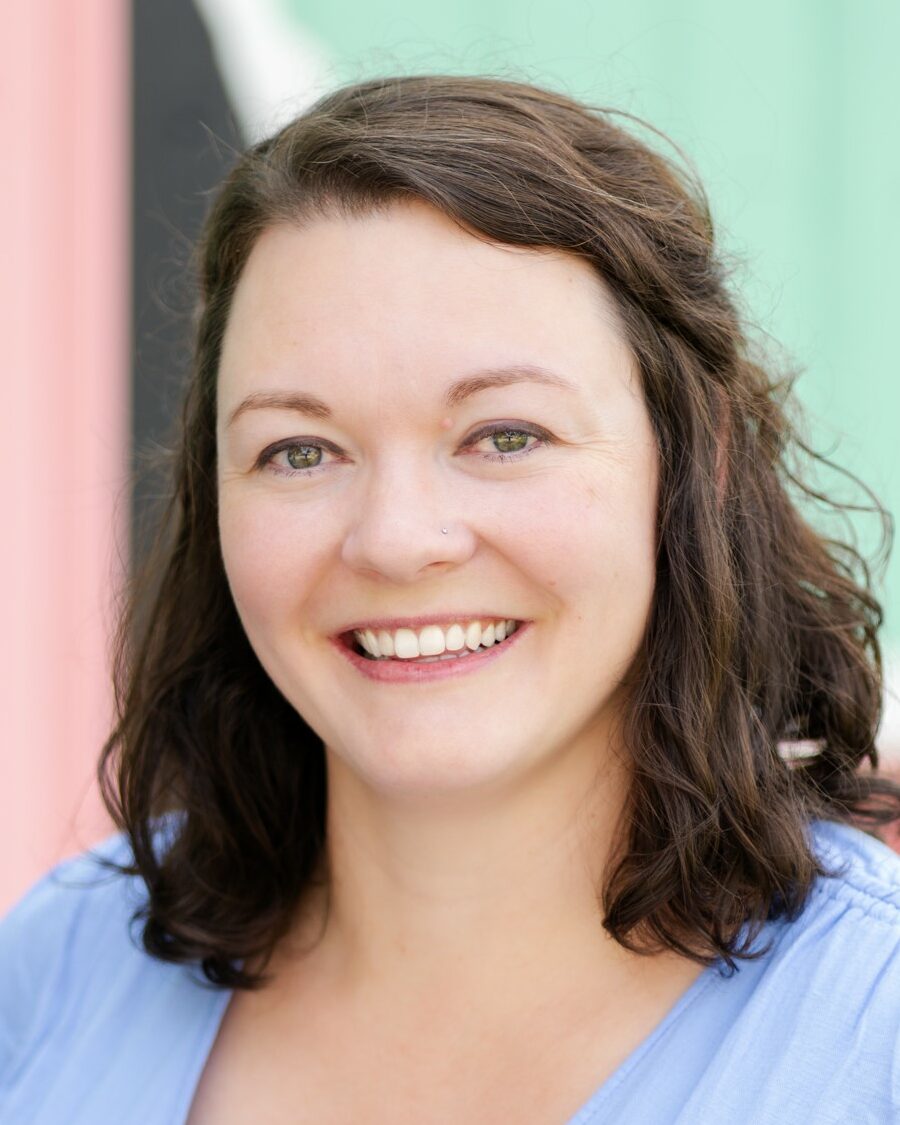Webinar Recording
Assessing Vocation Projects and Programs
It’s the next best thing to being there! Rachel Pickett, NetVUE webinar coordinator, recently hosted a virtual gathering of several members of the NetVUE staff, including David Cunningham, executive director, who provided a 10-minute rundown of the conference through a slideshow of conference photos. For those who were on their institution’s team for the 2024 NetVUE Conference, this webinar offered an opportunity to relive some of the highlights and to discuss what worked well and what could be improved. For those unable to be in Atlanta, the webinar provided a small-scale vicarious experience of the event.
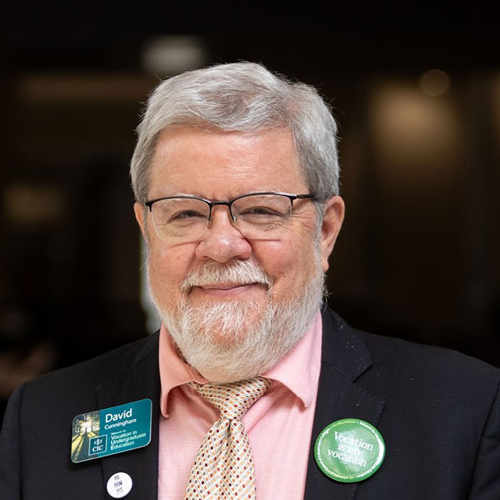
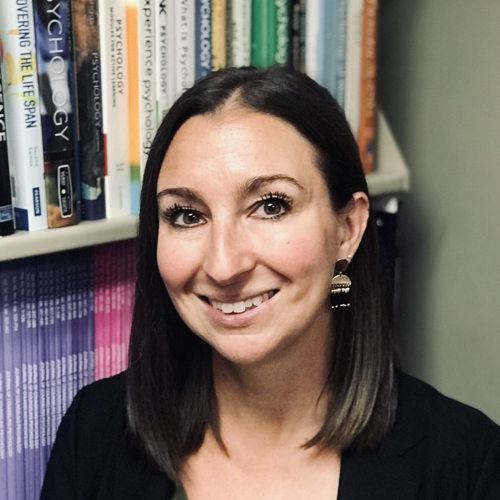

To report a technical problem with the website, or to offer suggestions for navigation and content issues, please contact Alex Stephenson, NetVUE communications coordinator, at astephenson@cic.edu.



